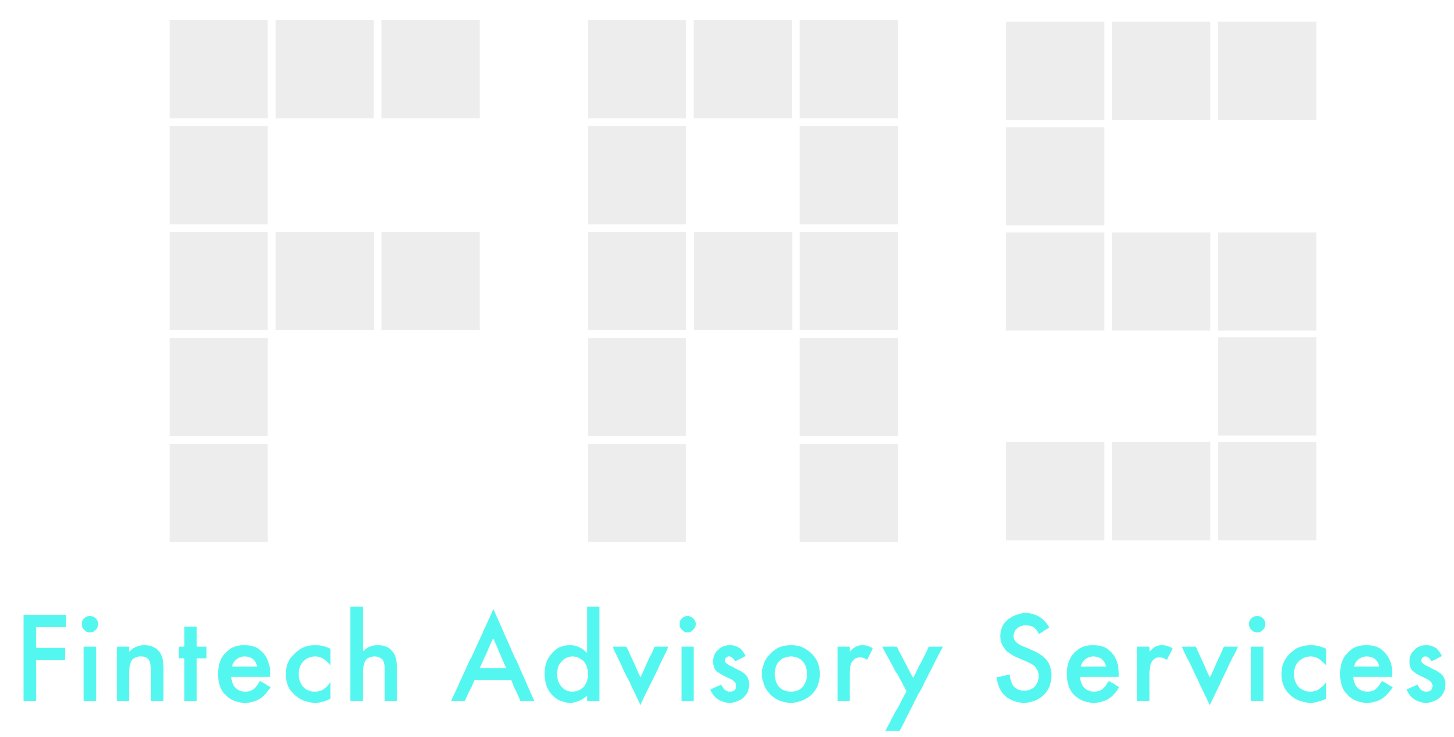How to Choose the Right Market for Your Fintech Startup?
The success of every business starts with being at the right time in the right place. Where to launch is a question that many entrepreneurs are asking themselves. Hence, I thought it would be great to have some very simple guidelines on how to choose the market where you can succeed.
Starting with the Basics
In general, if you are to start a business somewhere you need to have a good understanding of this market and how people there can benefit from your project. Knowing local specifics and having strong connections will be also crucial factors for a successful launch and business growth in this market. Starting at the right place will be a solid fundament for your success, and the opposite, starting in the wrong place can be the first step into failure. If you read my articles before, you know that I’m keen on Q&A approach when it comes to business strategising. A few questions below will help you to see how strong is your connection with the chosen market and how worthy it is on the business side.
1) Are you located in the target country of your project?
2) Do you have good connections in the target country of your project?
3) Do you know your target country market well?
4) Is this market scalable enough to grow and sustain your business?
5) Is the fintech market well-developed there?
6) Are there many competitors and/or strong substitutes in the market?
Ideally to have:
1) Yes 2) Yes 3) Yes 4) Yes 5) Yes/No 6) No
Legal & Licensing
Fintech companies in the majority of cases directly related to fiat and/or cryptocurrency transactions. When money is involved, it means that one or another regulation is implied, and, therefore, you might need to get a certain license. Obtaining a license not only can cost significant funds but also might keep you waiting in uncertainty for months. You need to have full clarity on the market you are starting your business in. Highly-regulated markets are not necessarily bad. If you have all resources to get a required license there then there’s nothing to be worried about. However, if you don’t have such resources you would need to look for a compromise between your business “wants” and legal “don’ts”. Let’s continue with the questions checklist.
7) Is your target market a highly-regulated one?
8) Do you have resources for licenses required for your project?
9) How likely is it for you to get these licenses?
10) Is there a workaround for your project in the case of rejection?
Ideal answers would be:
7) No/Yes 8) Yes 9) Not Likely 10) Yes
Highly-regulated markets might be challenging for you if you don’t have sufficient resources to deal with licenses and/or don’t have a workaround plan for your business. Hence it’s quite important to understand the value of this place for your business. Knowledge of local specifics, connections, strong partnerships, human resources, all these factors can help you with your journey. A choice between the market where you have such resources but difficulties with regulations and the market where you can easily get a license but not sure how to build a business, is quite obvious, right? You seize an opportunity where you have one and find a workaround for any complexities you face with. In some cases, it’s possible to get a license in one place and operate in another one. Usually, it’s more common for crypto-related fintechs rather than fiat businesses. In my experience, fiat regulations are much tougher and therefore it takes longer to obtain a license. Moreover, those licenses are usually strictly connected to the place where you’re operating. In the case of crypto, as of now, it’s possible to get a license in Estonia, Gibraltar, Singapore, and other crypto-friendly jurisdictions and operate with such in other countries. If you look at well-known cryptocurrency exchanges and payment processors, you will see that most of them are registered and operating under the license received in these mentioned-above jurisdictions. The regulatory uncertainty in the crypto space forces crypto businesses to migrate to friendlier jurisdictions. In Mexico, for example, after the Fintech Law of 2018, most of the crypto exchanges and processings were “forced” to go to Gibraltar for licensing.
A workaround plan will depend on your specific business needs and regulation framework at the place of your business. You can obtain a license in another country and operate with it in your primary country if it is not restricted. You can get a sub-licensing from another bank or API integration of other solutions to start with something. I would not go into too many legal details but suggest doing your homework and acutely estimate your chances at your target market.
You’ve chosen the right market if you feel completely comfortable about it. If all the things that are happening there and the business culture itself are quite intuitive for you. The market where you solve an actual and urgent problem despite any other challenges is better than an easy market where your product isn’t needed yet (or even at all).
My team and I had been working with projects helping them to find a market of their dream. We still say that if you’re located in X country, have network/resources there, and/or a good understanding of the local culture and professional climate you should look at that place first.
If you have any questions, you can always ask me in comments or reach out to me through Linkedin. Always here to help you launch and grow your business.



